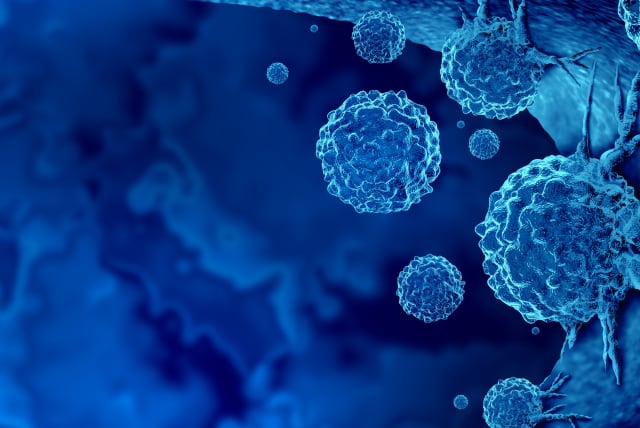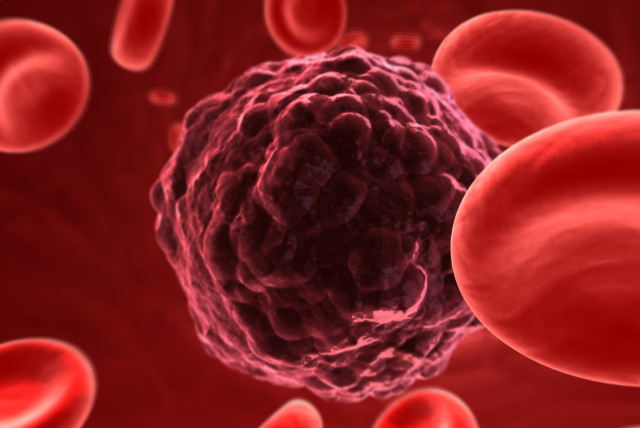Israeli scientists make model to test for breast cancer genetic risk - study

According to researchers at Tel Aviv University (TAU), this new model could help with personalized early detection for breast cancer.
Every case of breast cancer in women (and a minority of men) is somewhat different. A new model developed in Israel for the first time determines the personal genetic risk for malignancy based on the genetic profile of each patient.
This, according to researchers at Tel Aviv University (TAU), could form the basis for the implementation of a personalized early-detection policy. People at high risk of breast cancer would be advised to start screening tests for early detection from a younger age and more frequently. “Such a policy could save lives and make possible a more efficient use of the health system’s resources,” they suggested.
The study was published in the Journal of Medical Genetics under the title “Evaluation of European-based polygenic risk score for breast cancer in Ashkenazi Jewish women in Israel.”
It was based on a large-scale international study that included 118 scientists and genomic data of about 250,000 women with and without breast cancer. Genetic variants associated with breast cancer were analyzed in 130,000 breast cancer patients from dozens of medical centers in Europe and the US and compared with 100,000 healthy women who served as a control group.
The findings were applied to 2,000 Israeli women by doctoral student Hagai Levi under the guidance of Prof. Rani Elkon from TAU’s human molecular genetics and biochemistry department and Prof. Ron Shamir from the university’s Blavatnik School of Computer its findings.

The study was carried out in collaboration with Prof. Shai Carmi from the Faculty of Medicine at the Hebrew University of Jerusalem (HU), with Prof. Shay Ben Shachar of the Clalit Research Institute, and with Dr. Naama Elefant from Jerusalem’s Hadassah-University Medical Center.
Personalized detection of high risk breast cancer
The team of researchers explained that “our method will allow the health system to move to a personalized early detection policy – when those who are identified as being at high risk will be tested from a younger age and more frequently.”
Elkon explained that in 2003, the sequencing of a draft of the human genome was completed, creating new opportunities for improvement in medicine, with an emphasis on personalized medicine. The basic idea was that the better we know how to determine whether a certain person is genetically predisposed to a certain disease, the more we can take appropriate preventive measures.
He added that since then, an extensive research effort has been made to identify genetic differences among people that could indicate a genetic susceptibility to specific diseases, especially the common ones such as cancer, heart disease, diabetes, schizophrenia, and Alzheimer's.
Studies of this type, known as genome-wide association studies (GWAS), compare the genomes of sick and healthy people and find hundreds of genetic variants whose presence is associated with increased risk of having the disease being studied. Each variant by itself increases the risk to a very small degree, but when a significant number of relevant variants accumulate in the genome of a certain person, their risk of getting sick increases significantly.
The studies assign a “genetic risk score” to each participant, and in large samples, these scores typically follow a bell-curve distribution – the majority of the population are in the middle, and at the two extremes are people with very high or low risk scores of having the same disease. The challenge of medicine is to identify in advance those people who have a high genetic tendency to get sick, especially of diseases that can be prevented or detected in early stages.
“If a genetic predisposition to breast cancer is discovered, there is something that can be done! Early detection may save lives.” Elkon said enthusiastically. “At this stage, our research focused on Jewish women of Ashkenazi origin, which is the population closest genetically to the participants of the international study on which our model was based.”
